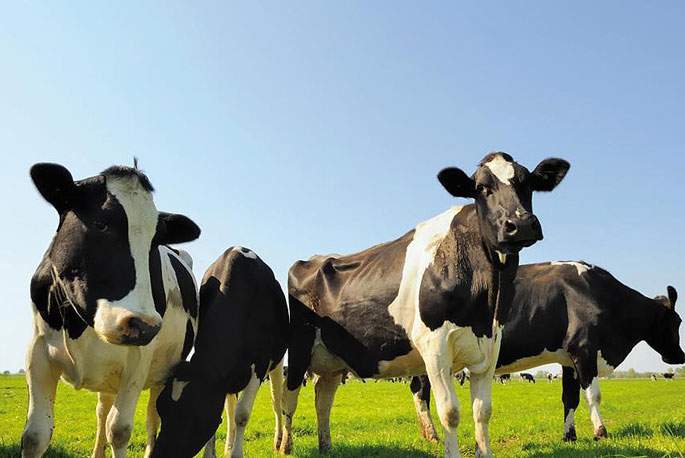With Moving Day just around on the corner on June 1, it's an exciting but busy time for the dairy farming community.
It's the day dairy farming families, contract milkers, sharemilkers, and employees move to new farms. In many cases cattle, farm equipment and vehicles are also relocating, and Toi Moana Bay of Plenty Regional Council is urging farmers to do their bit to ensure that the move is a ‘clean' one.
During the Moving Day period, which occurs in the week leading up to and immediately following June 1 each year, it's crucial to prioritise good biosecurity and effluent practices.
While machinery hygiene should be a priority at any time when a machine is moved between properties, it is especially important when planning for Moving Day.
Bay of Plenty Regional Council's biosecurity officer Nicky Oliver-Smith says good biosecurity practices dramatically reduce the risk of diseases, weeds or pests entering, spreading, or leaving a farm.
'Unclean machinery is a known pathway for spreading pest plants. Seeds and small fragments of pest plants can easily spread by contaminated equipment and agricultural machinery.”
Farmers and contractors can play a crucial role in stopping the spread of pest plants and weeds. There are several pest plants of concern in relation to agricultural pastures in the region.
'Alligator weed and Noogoora bur are at the top of the ‘watch out' list for agricultural pest plants here in the Bay of Plenty. Preventing their spread is a real priority and the key tool to minimising the potential environmental and agricultural damage caused.”
Farmers are also reminded to stand stock off green feed before they're walked or transported to prevent effluent entering waterways or being discharged onto roads.
Key tips for staying biosecurity safe and managing effluent this moving day
- Visually inspect all machinery used on site for organic matter, even a small amount soil can contain seeds, roots or fragments.
- Ensure all tyres, tracks, undersides, grills and filters, and other machinery or equipment that has been used is thoroughly cleaned before leaving the site, and before entering new environments.
- Ideally, machinery wash-down should happen on the property before movement, which will contain any problems at the source.
A cow's daily combined effluent is about 52 litres, and a truck effluent tank's capacity is just 200 litres. It means the spillage of effluent onto roads is a real risk unless farmers take some simple steps ahead of time.
Bay of Plenty Regional Council recommends that farmers:
- confirm stock pick-up times in advance of transport to eliminate confusion
- move stock close to the loading ramp the day before, when possible
- stand stock off green feed for a minimum of four hours (with water)
- use dry feed before transport because it results in less effluent.



0 comments
Leave a Comment
You must be logged in to make a comment.